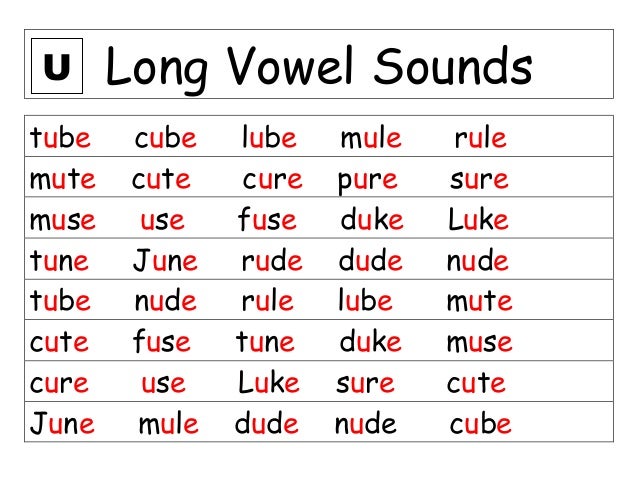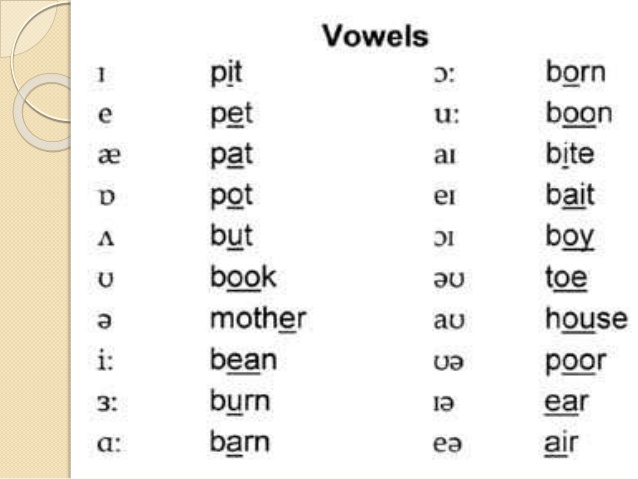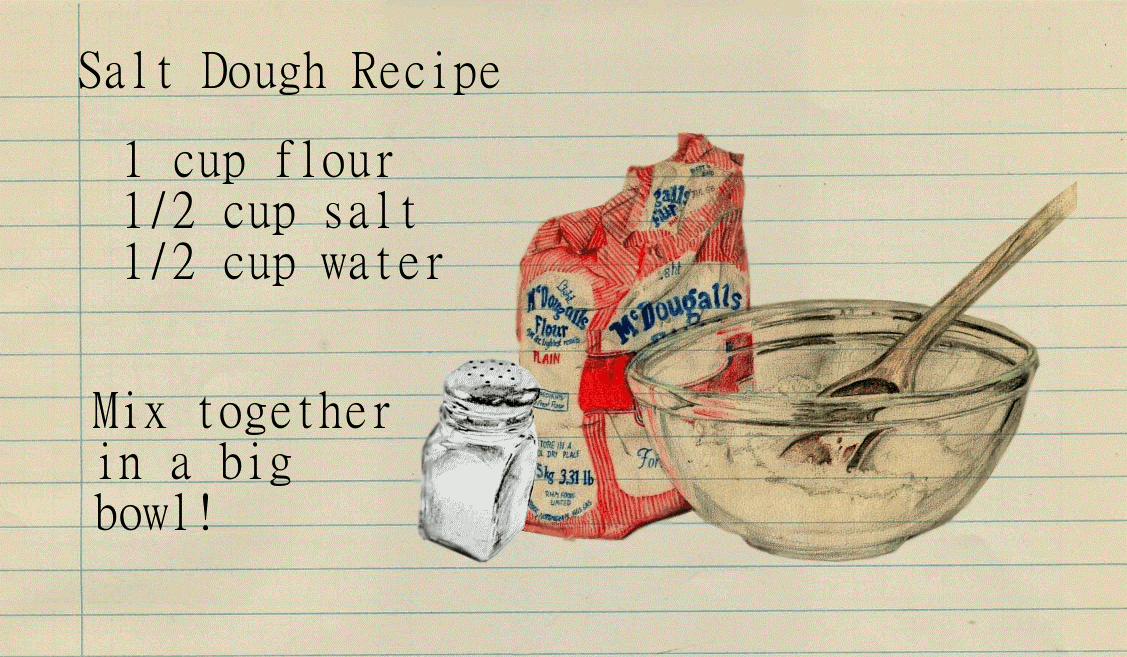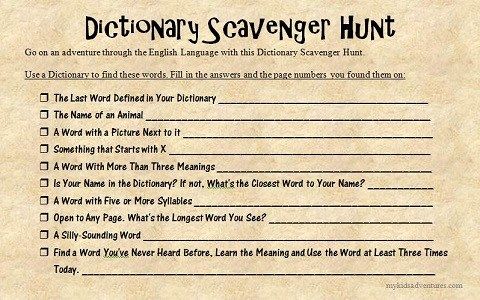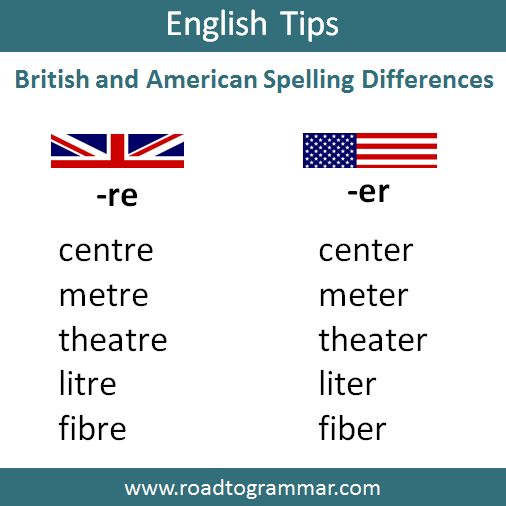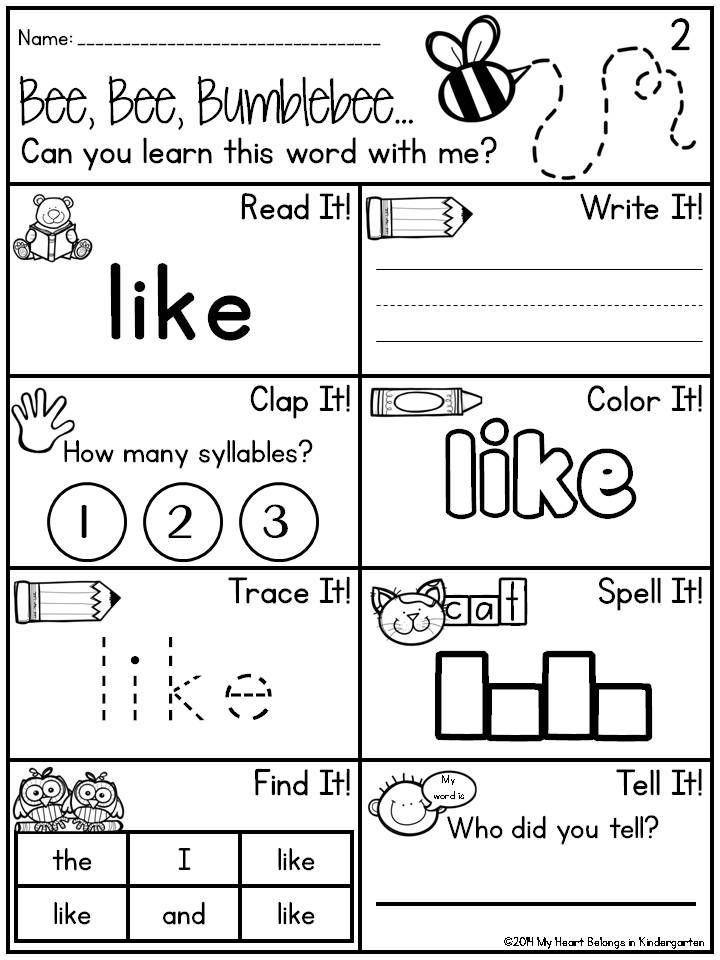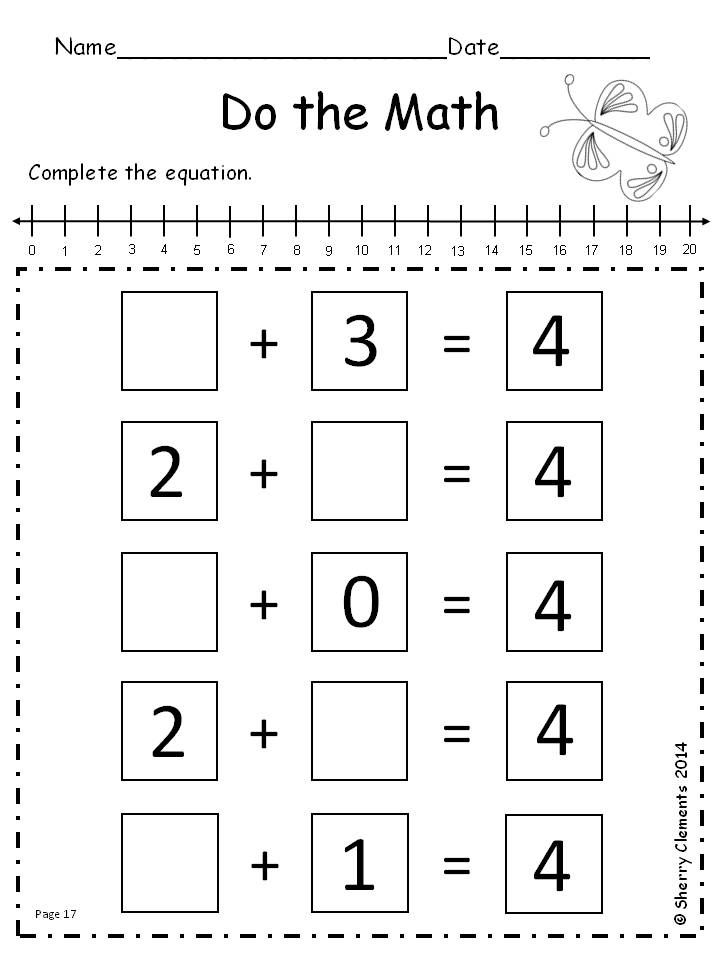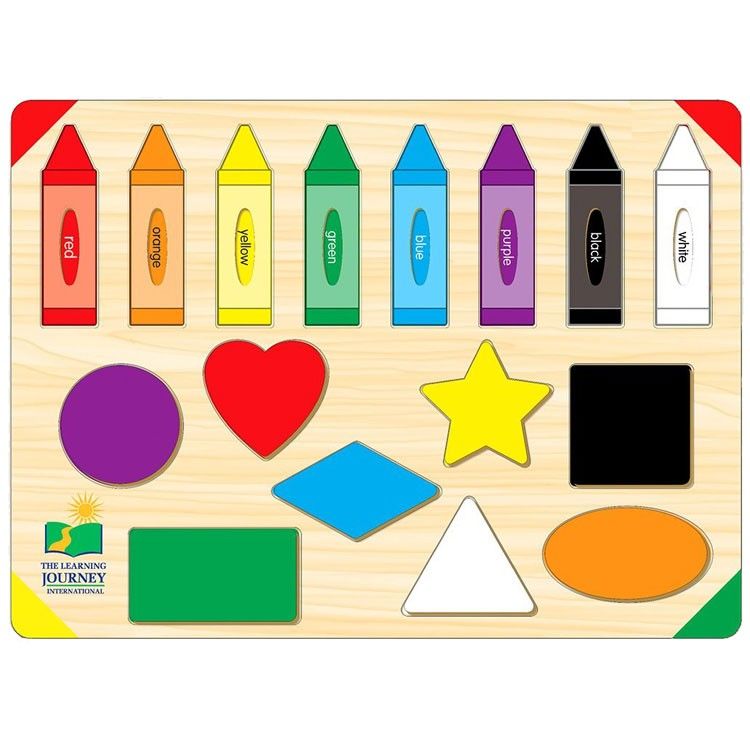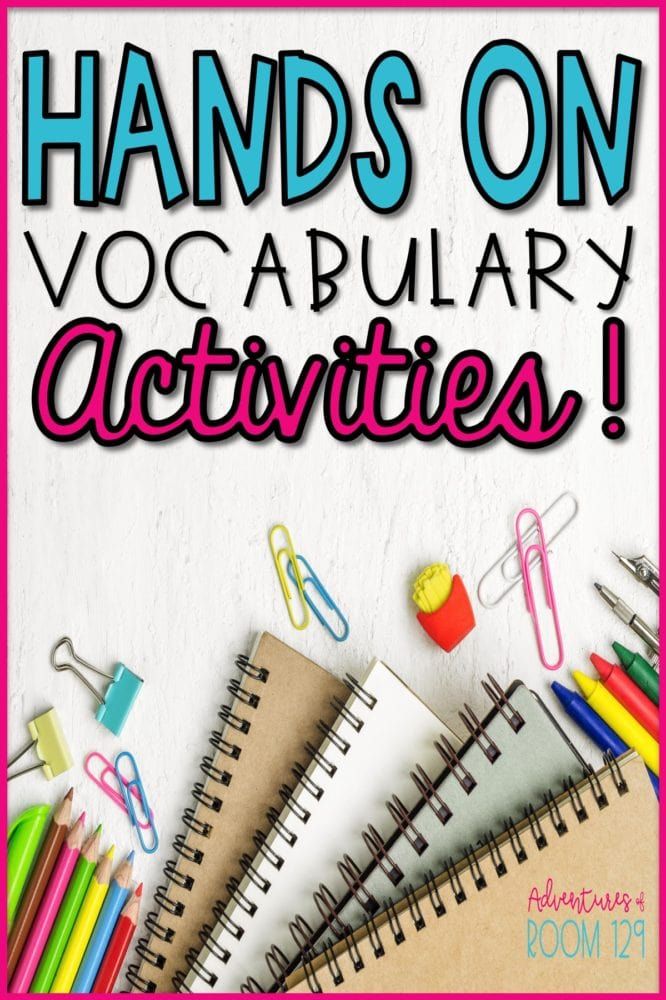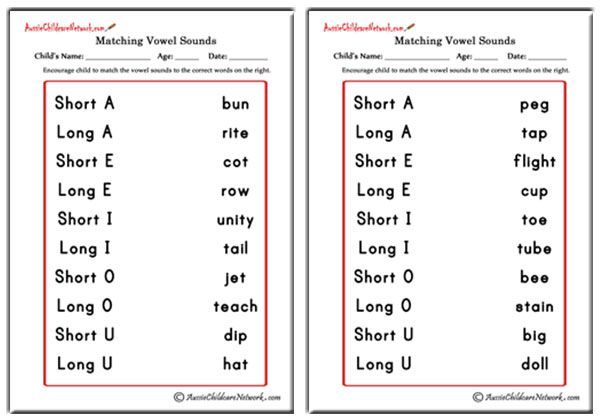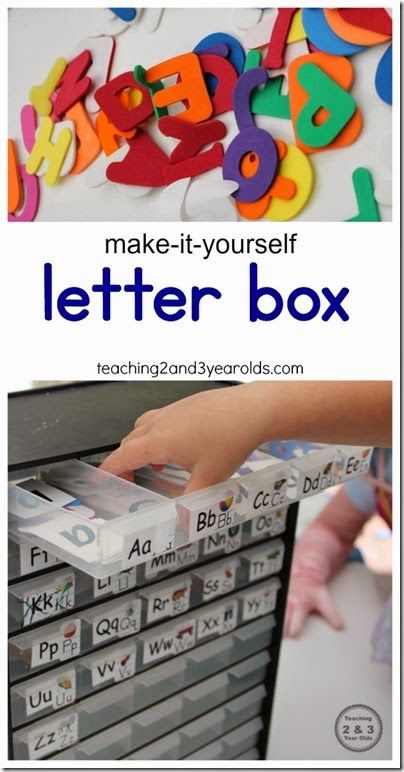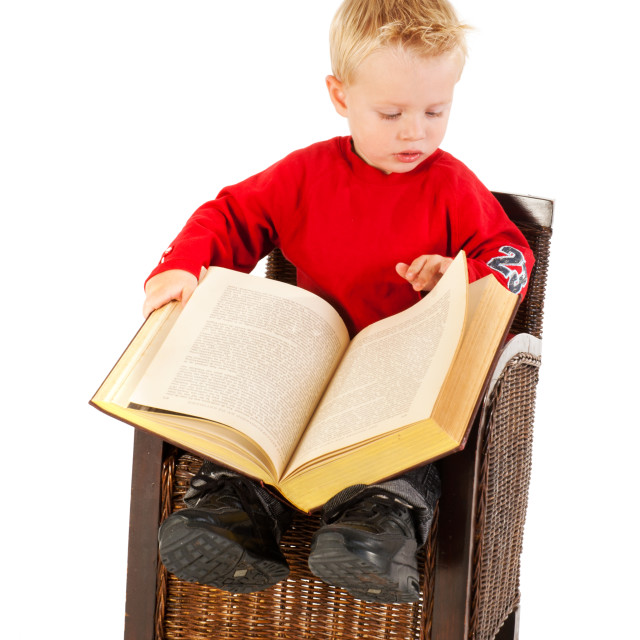Common long vowels
Long Vowel Sounds: Word Lists & Activities
Phonics | Spelling
ByDelilah Orpi
This post may contain affiliate links, and I will earn a commission if you purchase through these links. Please read the disclosure policy for more details.
Sharing is caring!
- Share
- Tweet
In this post, I’m breaking down long vowel sounds (or long vowel words) to help you teach them when working with struggling readers and spellers.
Looking for long vowel word lists? Download all 5 of my pdf long vowel sounds word lists in my freebies library by joining my email list below.
What is a long vowel sound?
Long vowel sounds are vowels that are pronounced the same as their name. You’ll often hear teachers say that long vowels “say their name”.
Long vowels are very common but they can be tricky because there are so many spellings for each long vowel sound.
There are actually 4 ways to make long vowel sounds:
- Vowels at the end of a syllable make the long sound.
For example, in the words me and halo (ha-lo) the vowels are all at the end of a syllable so they make the long sound.
- Silent e makes the previous vowel long. The words bike and phone have a silent e at the end that makes the previous vowel long.
- Vowel teams can make the long sound. Vowel teams work together to make one sound, and usually, it’s a long vowel sound. For example, boat and meat both have vowel teams that make the long sound.
- I or O can be long when they come before two consonants. In words like cold and mind, i and o make a long vowel sound.
Long Vowel Words
Long vowel sound words are words that have vowels that say their name. Below are a few examples:
Below are a few examples:
- Long a – baby, cake, rain, day, they, weigh
- Long e – me, eve, hear, meet, piece, candy
- Long i – silent, bike, light, my
- Long o – go, home, toe, boat, snow
- Long u – music, mule, pew, feud
Long A Sound
The long a sound can be represented by 8 different spelling patterns:
- a – baby
- a_e – cake
- ai – rain
- ay – play
- ei – reindeer
- eigh – weight
- ea – steak
- ey – they
Learn more about teaching the long a sound here, and check out my Long A Words Activities & Worksheets for printable activities.
Long E Sound
The long e sound can be represented by 8 different spelling patterns:
- e – be
- e_e – eve
- ee – meet
- ea – beach
- ei – protein
- ie – piece
- ey – key
- y – candy
For ideas, tips, and tricks when teaching the long e sound, read this post all about teaching the long e vowel sound, and check out my Long E Words Activities & Worksheets
for printable activities.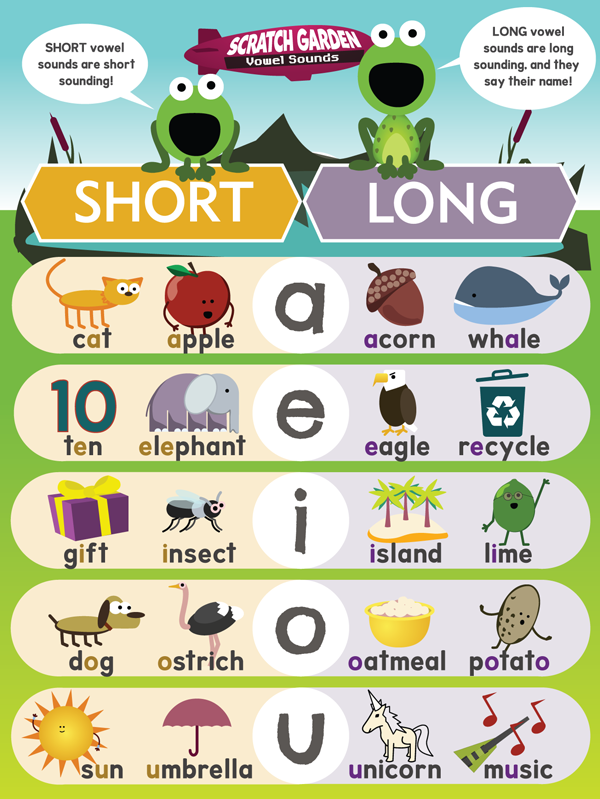
Long I Sound
The long i sound can be represented by 6 different spelling patterns:
- i – silent
- i_e – shine
- ie – pie
- igh – light
- y – my
- y_e – type
You can learn more about teaching the long I sound in this post. And check out my Long I Worksheets set in my shop for printable activities on the long i sound.
Long O Sound
The long o sound can be represented by 5 different spelling patterns:
- o – go
- o_e – phone
- oe – toe
- oa – boat
- ow – snow
You can learn more about teaching long o words and check out my long o worksheets.
Long U Sound
The long u has two sounds: yoo (/y/ /oo/) and oo (/oo/).
The long u sound can be represented by 7 different spelling patterns:
- u – music
- u_e – mule
- ue – rescue
- eu – feud
- ew – few
- oo – food
- ou – soup
Learn more about teaching the long u sound here.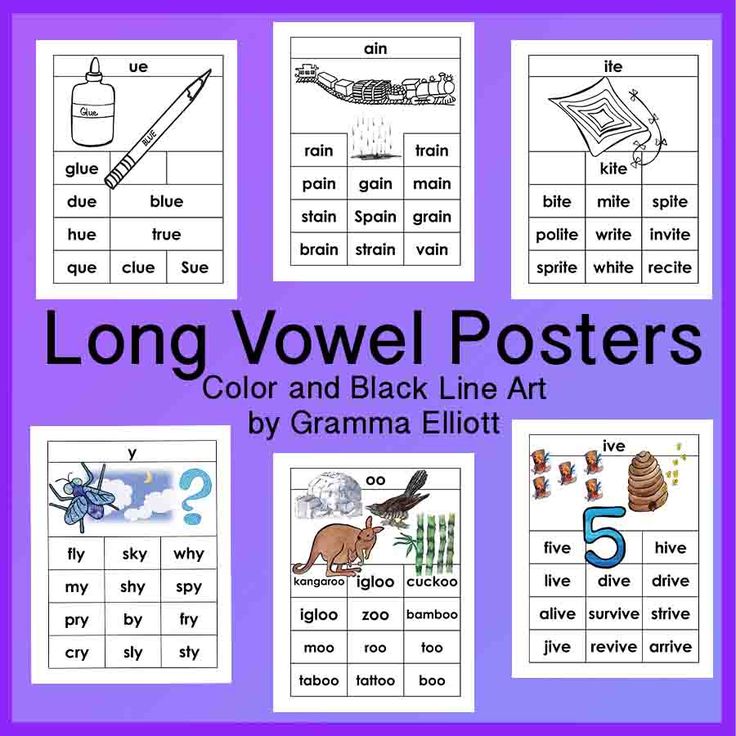
Tips for teaching the long vowel sounds
Teach one spelling pattern at a time!
I don’t mean one vowel sound, but just one spelling pattern. So for example, if you’re working on long a, you would work on the spelling pattern a silent e (cake, same, cave) until students have mastered it, then move on to ai, and so on. You should not be teaching multiple spelling patterns together, even though they make the same sound.
I know that most programs out there combine all the long vowel sound spelling patterns into one lesson, especially in spelling lists, but this does not work for struggling readers. You need to break it down for them and only do one at a time.
Teach the syllable types.
Because syllables have a lot to do with whether vowels make the short or long sound, if students do not already know the 6 syllable types then teach them along with the long vowel sound.
Here are resources for each syllable type:
- closed syllable
- open syllable
- final silent e syllable
- vowel team syllable
- r combination syllable
- consonant le syllable
Use a variety of activities to practice each spelling pattern.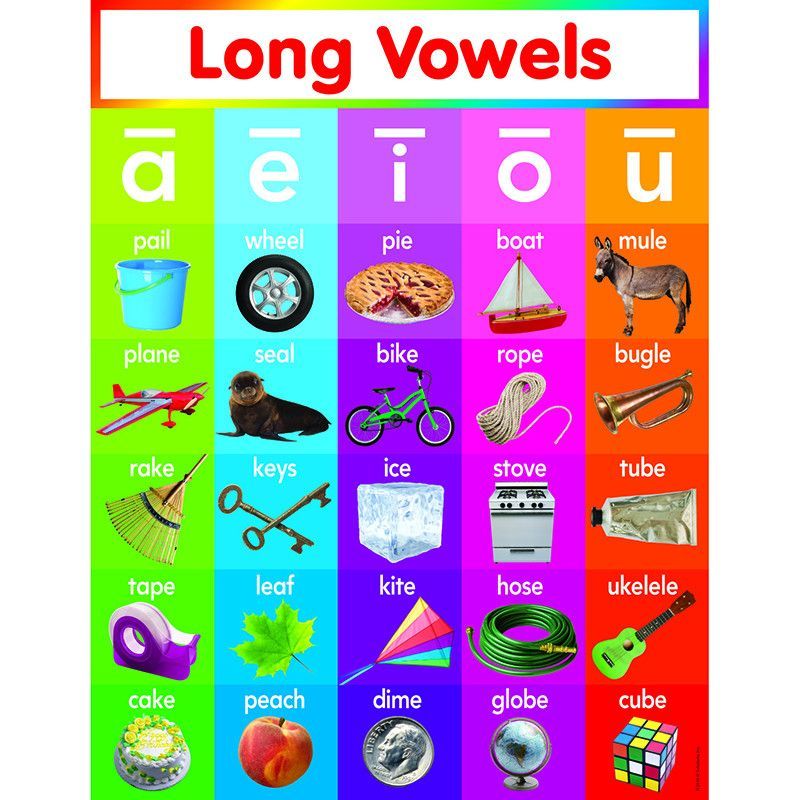
Games, dictation, word sorts, memory or matching with flashcards, word hunts, textured writing, body spelling, and bingo are all fun ways to practice the long vowel sounds.
The main activity that is often overlooked is dictation. It seems so simple but the task involves listening to a word, deciding on the spelling, and transferring that info to written form. These are all skills that struggling readers need to practice.
Teach the spelling generalizations.
Some of the long vowel spelling patterns are spelling rules that make it easy to remember.
For example, ai is usually found at the beginning or middle of a syllable, and ay is usually found at the end of a syllable. [Examples: rain, aim, play, daytime]
Here is another example with long o: oa is usually found at the beginning or middle of a word, and ow is usually found at the end. [Examples: boat, coach, snow]
Long Vowel Word List
I made these word lists to help teach the long vowels.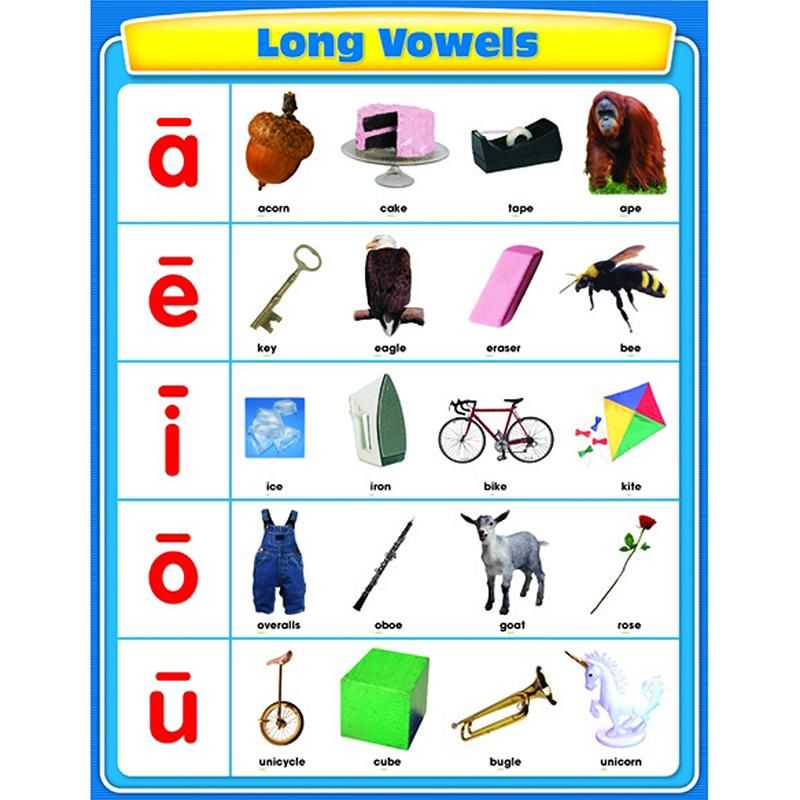 I find it handy to have these on hand when playing phonics games or planning activities for long vowel lessons.
I find it handy to have these on hand when playing phonics games or planning activities for long vowel lessons.
Grab them for free below!
Visit my Teachers Pay Teachers shop to see all my literacy products.Want to remember this? Save Long Vowel Sounds: Word Lists & Activities to your favorite Pinterest board!
Sharing is caring!
- Share
- Tweet
Delilah Orpi
Delilah Orpi is the owner and founder of Thrive Literacy Corner. She has a Bachelor's degree in Special Education, a Master's degree in TESOL, and is a member of the International Dyslexia Association. She is an experienced educator and literacy specialist trained in Orton Gillingham and Lindamood Bell. Delilah creates literacy resources for educators and parents and writes to create awareness about dyslexia and effective literacy instruction based on the science of reading.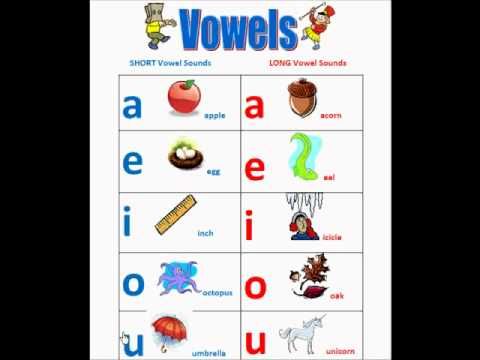
Similar Posts
Phonics
The 6 Types Of Syllables
ByDelilah Orpi
Did you know there is a whole set of syllable rules which tell you exactly how to spell and where to split words so that you can tell what sound a vowel will make? To be able to get to that point, you first need to learn the 6 types of syllables. I am sure…
Read More The 6 Types Of SyllablesContinue
Phonics | Reading Comprehension
Activities That Improve Reading Fluency
ByDelilah Orpi
Ask any teacher what their students struggle with the most in reading, and all will say fluency, decoding, or comprehension. And those are the 3 key areas of reading instruction so they are important areas to work on every day.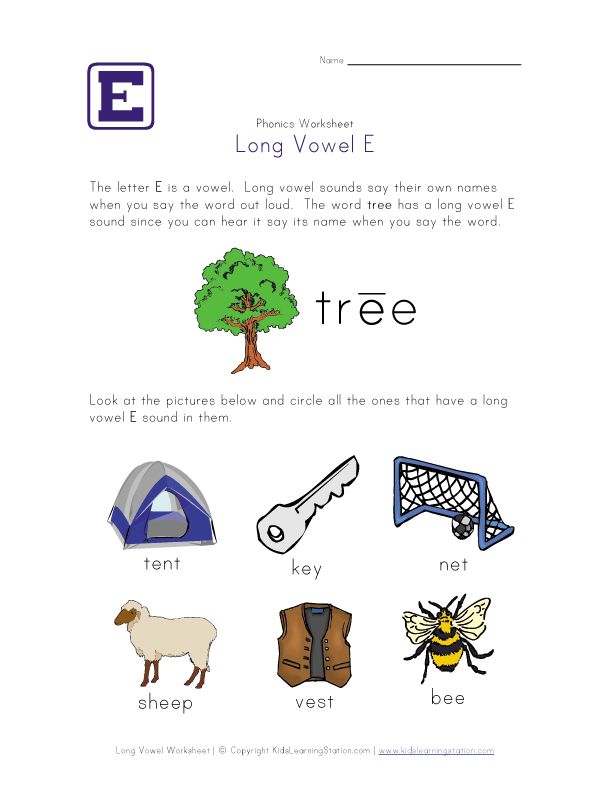 In this post, I’m explaining what reading fluency is and sharing the different ways you…
In this post, I’m explaining what reading fluency is and sharing the different ways you…
Read More Activities That Improve Reading FluencyContinue
Phonics
All About The Schwa Sound
ByDelilah Orpi
Did you know that the schwa sound is the most common vowel sound in the English language? And despite this, it is a tricky sound to teach, especially when it comes to spelling. In this post, I break down the schwa sound so you can confidently teach your students all about the schwa! What is…
Read More All About The Schwa SoundContinue
Phonics | Reading Comprehension | Spelling
Reading Assessments To Evaluate Decoding and Encoding
ByDelilah Orpi
Whether it’s the beginning of the school year and you need to perform reading assessments, you’re working with a new student one-on-one, or you’re checking progress mid-year, there are a variety of reading assessments you can choose from to inform your instruction. In this post, I’m sharing my top picks for reading assessments that evaluate…
In this post, I’m sharing my top picks for reading assessments that evaluate…
Read More Reading Assessments To Evaluate Decoding and EncodingContinue
Phonics | Spelling
L Blends Activities And Worksheets
ByDelilah Orpi
In this post, I share my favorite multi-sensory learning activities for L blends, along with a set of multi-sensory L blend worksheets and activities. It’s no surprise that I love to use a variety of multi-sensory activities when teaching letter blends. Multi-sensory learning is the cornerstone of the Orton-Gillingham method. Struggling learners simply learn best…
Read More L Blends Activities And WorksheetsContinue
Examples of Long Vowel Words
A long vowel is a vowel sound that is pronounced the same way as the name of the letter itself.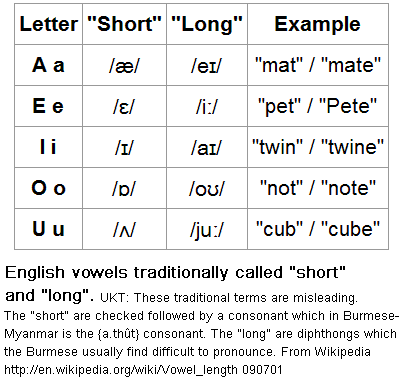 For example, the long U sound is pronounced like "yoo," as would be the case in words like "lure" and "tube." By contrast, the short U sound is pronounced more like "uh," as in words like "cub" and "tub."
For example, the long U sound is pronounced like "yoo," as would be the case in words like "lure" and "tube." By contrast, the short U sound is pronounced more like "uh," as in words like "cub" and "tub."
Long vowel words, then, are words that contain a long vowel sound. It's important to note that the spelling of a word and the way it sounds don't always match up so perfectly. Words like "few" and "beauty" also contain the long U sound. Similarly, the long A sound in "bake" and "gate" can also be spelled like "ay" (as in "pay") or "ai" (as in "paid"), among other variations.
To understand this further, let's look at some more examples of long vowel words.
Advertisement
Long Vowel Words Chart
Now that you understand long vowels, check out this Vowel Words chart to find vowels with each of the long vowel pronounciation sounds:
View & Download PDF
Long Vowel Words in Sentences
A great way to understand how long vowel words work is to see them in action in full sentences.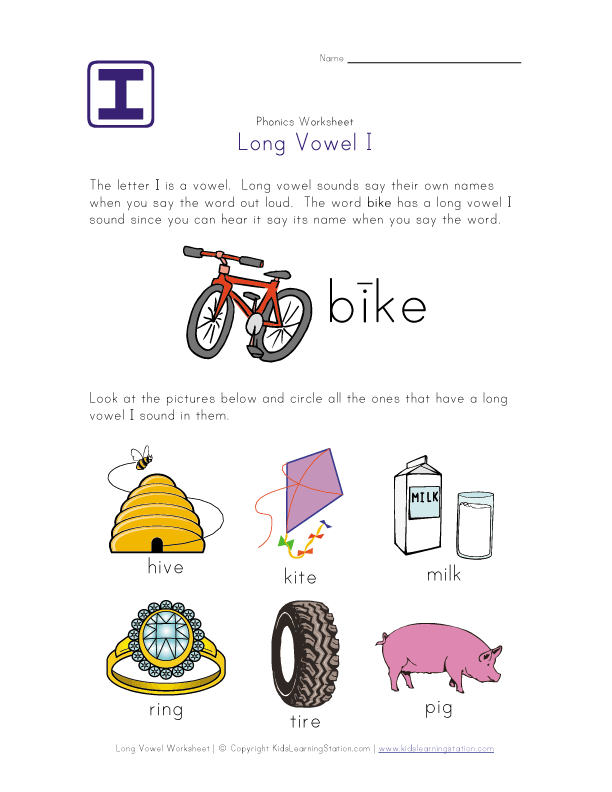
Advertisement
Long A Words
The long A sound is featured in the words in bold.
- Can you bake me a cake?
- There's no way I'm going to pay for that.
- At this rate, they'll never come home.
- Jenny does it for the fame and fortune.
- Did you hear about the raid on the executive's office?
Long E Words
The long E sound is featured in the words in bold.
- To be or not to be. That is the question.
- Pete plans to see her again soon.
- The gymnast excels on the high beam.
- The behavior was deemed inappropriate by the ethics board.
- That was quite the scene at the deli.
Long I Words
The long I sound is featured in the words in bold.
- Sara and I are going to the movies.
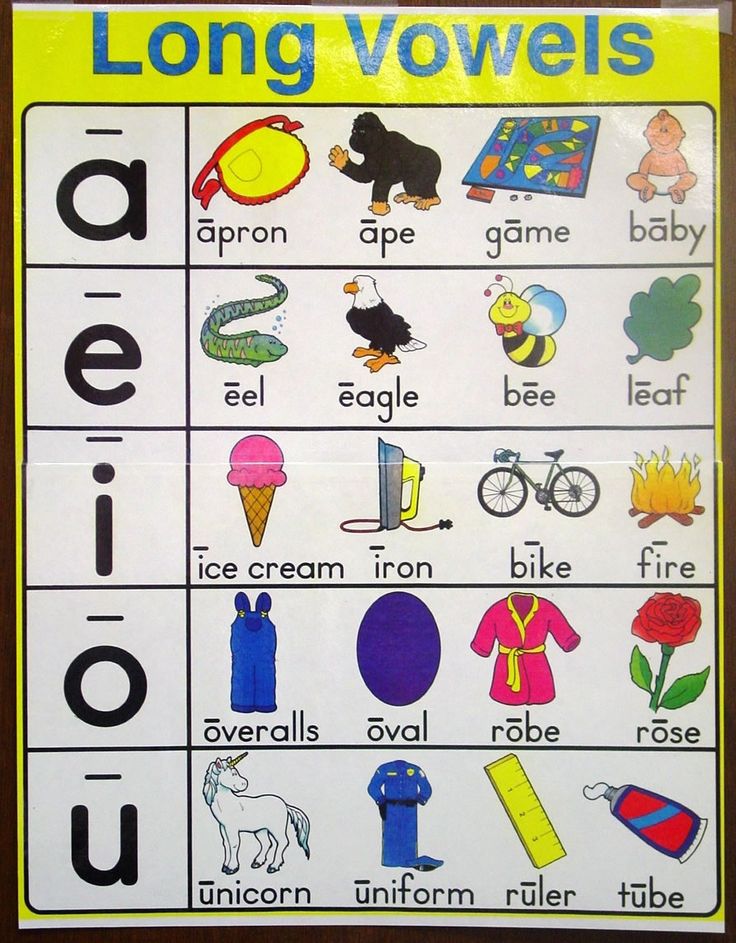
- The pine needles are everywhere!
- You'll find the jam in the bread aisle.
- Take a right turn at the next intersection.
- Everything is going to be just fine.
Long O Words
The long O sound is featured in the words in bold.
- The Lone Ranger is a famous fictional character.
- The country road isn't paved.
- Herbert was so excited, he started jumping up and down.
- Can you fetch me a hoe from the garden shed?
- The tow truck arrived just in time.
Long U Words
The long U sound is featured in the words in bold.
- The rude waitress still hasn't taken our order.
- Have you seen the Statue of Liberty?
- The Duke and Duchess of York visited recently.
- With a queue like that, we can expect a very long wait.
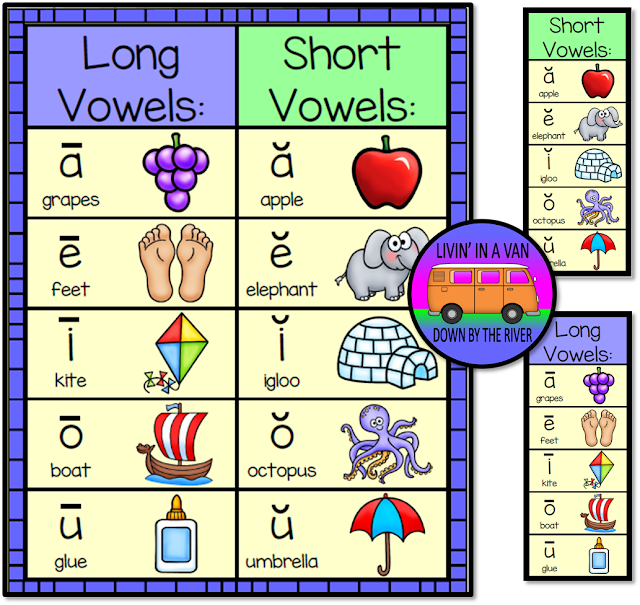
- There he is, right on cue.
Read and Read
The English language is filled with all sorts of confusing words and even letters, like when "y" works as a vowel. The word "read" can rhyme with "fed" (short E sound), but it can also rhyme with "seed" (long E sound), depending on which verb tense you're trying to use with "read." As you continue to brush up on your knowledge of vowels and how they work, why not study words that end in a silent E? There are a lot of them! For something more creative, check out these assonance examples too.
- 7th grade
- 8th grade
- 9th grade
- middle school
- high school
- college
- charts
Related Articles
100 Most Commonly Misspelled Words
Are you ready to explore some of the words that are often misspelled? Hint: The word "misspell" is one of them.
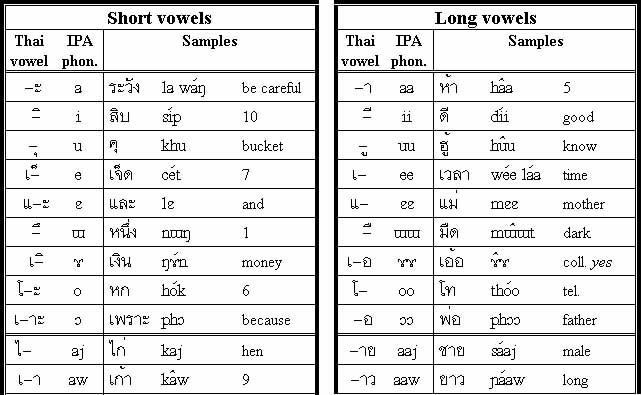 Below, you'll find a one-stop cure for all your spelling ills. The list highlights the correct spelling of 100 hard words to spell, along with brief tips on how to avoid making common spelling mistakes. Whether you're a student or are simply looking to compile a list of hard words for a spelling bee competition, this list of 100 difficult words to spell is a great resource to use.
Below, you'll find a one-stop cure for all your spelling ills. The list highlights the correct spelling of 100 hard words to spell, along with brief tips on how to avoid making common spelling mistakes. Whether you're a student or are simply looking to compile a list of hard words for a spelling bee competition, this list of 100 difficult words to spell is a great resource to use.List of Short Vowel Words
The English language provides a list of short vowel words that seem to be never ending. A short vowel word is any word that doesn't allow the vowel within it to generate that vowel's long vowel sound.
Long vowels | German self-instruction manual for beginners. Learn German from scratch
Vowel length is determined by:
- According to the letter.
- The combination ie means [i:]
- viel [fi:l] - lot
- Vienna [vi:n] - Vienna
- sieben ['zi:bən] - seven
- Double spellings - long vowels
- Meer [me:ɐ] - sea
- doof [do:f] - stupid, stupid (Low German and colloquial)
- Aal [a:l] - eel
- Vowel + h = long vowel ( h is not pronounced)
- Wahl [va:l] - choice
- Mehl [me:l] - flour
- Kuh [ku:] - cow
- The combination ie means [i:]
- In stressed open syllable.
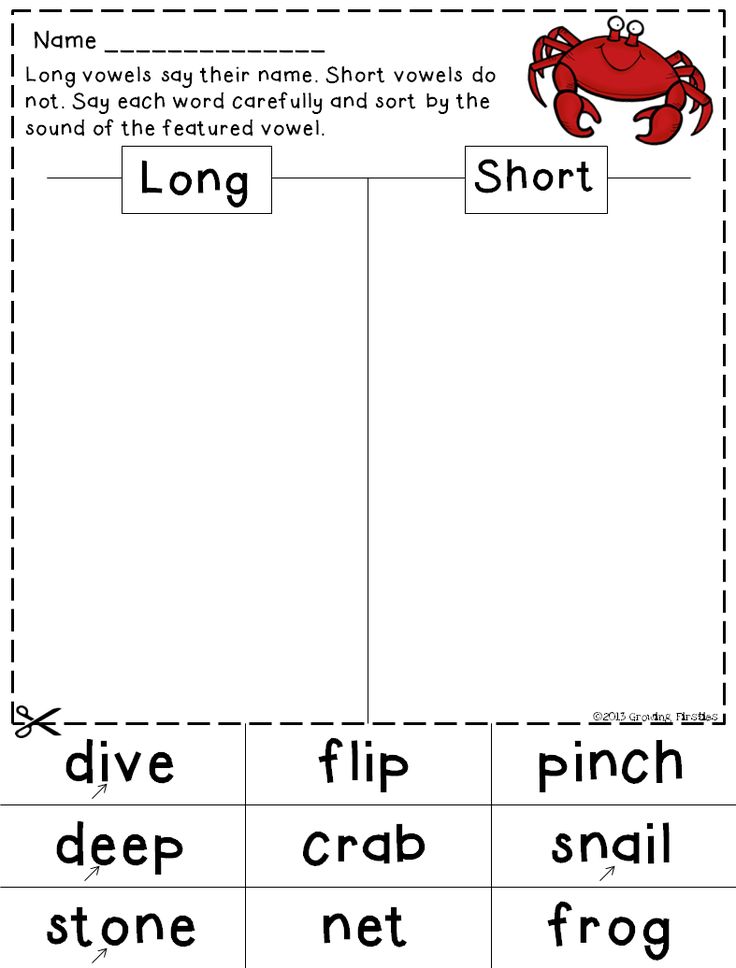
- La-ge ['la:gə] - position
- Ta-ge [ta:gə] - days
- fra-gen ['fra:gən] - ask
- If the syllable may become open when changing the word.
- Tag-Tage [ta:k]-['ta:gə] - day-days
Let's turn to individual vowels.
[a:] - long; the timbre is deep, the tongue goes far back, almost like for the Russian “o”
- Tag [ta:k] - day
- Tage ['ta:gə] - days
- sagen ['za:gən] - speak, say
- Wagen ['va:gən] - wagon; machine
- fahren ['fa:rən] - go
- Vater ['fa:tɐ] - father
[o:] - long; the timbre is deep, in Russian hearing this “o” tends to “u”
- Rose ['ro:zə] - rose
- ohne ['o:nə] - without
- Mohn [mo:n] - poppy
- Dose ['do:zə] - can, tin
- wohl [vo:l] - good
- Lohn [lo:n] - salary; award
[ε:] - long, open, similar to "e" in the word "era"
- wählen ['wε: lən] - choose
- Mädchen ['mε:tçən] - girl, girl
- Bär [bε:ɐ] - bear
- Dänen ['dε:nen] - Danes
- Ära ['ε:ra] - era
- Präsens ['prε:zens] - present, present
[e:] - long, closed, tense, similar to "e" in the words "Lena", "healer" or even to "and" in the word "willow".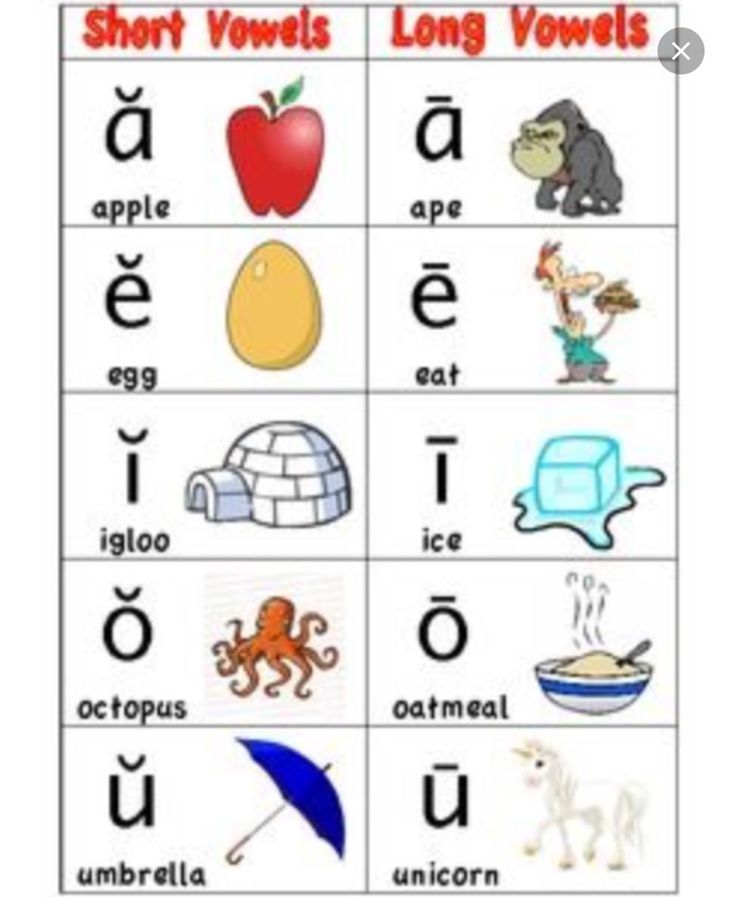 This sound should be pronounced as a long [e:] without diphthongization, that is, without the overtone "y"
This sound should be pronounced as a long [e:] without diphthongization, that is, without the overtone "y"
- geh [ge:] - go
- gehen ['ge:ən] - go
- sehen ['ze:ən] - look, see
- stehen ['ste:ən] - stand
- lesen ['le:zən] - read
- Seele ['ze:lə] - soul
[i:] - long, intense
- Sie [zi:] - you (polite form)
- sieh [zi:] - see
- Sieg [zi:k] - victory
- liegen ['li:gən] - lie
- sieben ['zi:bən] - seven
- Berlin [bεɐ'li:n] - Berlin
[u:] - long, deep
- Bude ['bu:də] - stall, tent
- Ruhe ['ru:ə] - peace, rest
- Schuhe ['ʃu:ə] - boots, shoes
- tun [tu:n] - do
- Zug [tsu:k] - train
- gut [gu:t] - good, good
[y:] - long; similar to the Russian "yu" between consonants, but requires special skill in the initial position: ü , not "yu". Here, as for the short ü [y], it is useful to say “i-i-i” with lips puckered.
Here, as for the short ü [y], it is useful to say “i-i-i” with lips puckered.
- Tüte ['ty:tə] - bag, bag
- Mühe ['my:ə] - effort, labor
- grün [gry:n] - green
- fühlen ['fy:lən] - feel
- kühl [ky:l] - cool
- über ['y:bɐ] - over
[ø:] - long; similar to the Russian "yo" in the word "scream", but it's nice to remember the name of the Austrian castle: Schönbrunn - Schönbrunn .
- schön [ʃø:n] - beautiful, beautiful; fine
- böse ['bø:zə] - angry, angry
- mögen ['mø:gən] - love, like
- öde ['ø:də] - desert
- Öl [ø:l] - vegetable oil
- blöd [blø:t] - stupid, stupid
Read more
| ← Short vowels | Diphthongs → |
General phonetic rules
Have you ever wondered why German seems to be such a harsh and hard language? It depends on certain points that Russian speakers learning German should pay attention to.
This article presents the most important rules for German phonetics, starting with general information and ending with more specific ones. By putting them into practice, you can significantly improve your German pronunciation.
1. Intonation
a) In contrast to the Russian language, in German almost every word is pronounced separately, which resembles the staccato rhythm in music.
b) The contrast between stressed and unstressed syllables in German is much greater than in Russian: stressed syllables are emphasized more sharply and intensely, while unstressed syllables are muffled and pronounced weaker.
c) Germans are accustomed to accentuating the main parts of speech in a sentence: nouns, adjectives, full-valued verbs, numerals, interrogatives and demonstrative pronouns. Functional parts of speech, like articles, prepositions, conjunctions, auxiliary verbs, personal and possessive pronouns, in turn, are not accentuated.
d) In Russian speech, there is a sharp change between sound pitches, while the Germans in their speech remain at the same pitch for a long time.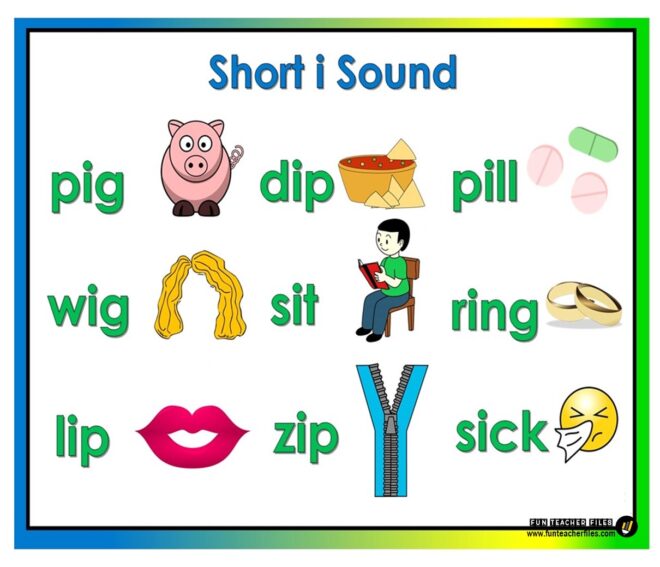 Russian intonation moves within an octave, while German intonation moves within a fifth.
Russian intonation moves within an octave, while German intonation moves within a fifth.
2. Word stress
Unlike Russian stress, in German it is fixed, i.e. the stress is not transferred from one syllable to another if the form of the word changes.
As a rule, it falls on the first root syllable: a panisch [jaˈpaːnɪʃ] (Japanese)
4. Long and short vowels
→ ST AA T [ʃTAːT] ~ S A DT [ʃTAT] (state ~ city)
→ B EE T [Beːt] 9000 ~ B TT 9000 TT 9000 TT 9000 TT 9000 TT 9000 TT 9000 TT 9000 TT 9000 TT 9000 TT
008 [bɛt]
(flower bed, beds ~ bed)→ M IE TE [ˈMIːTə] ~ M I TTE [ˈMɪTə] (Rent ~ middle)
→ H OO hle [ˈhiance] ~ h ö Lle [ˈhœlə] (cave ~ hell)
5.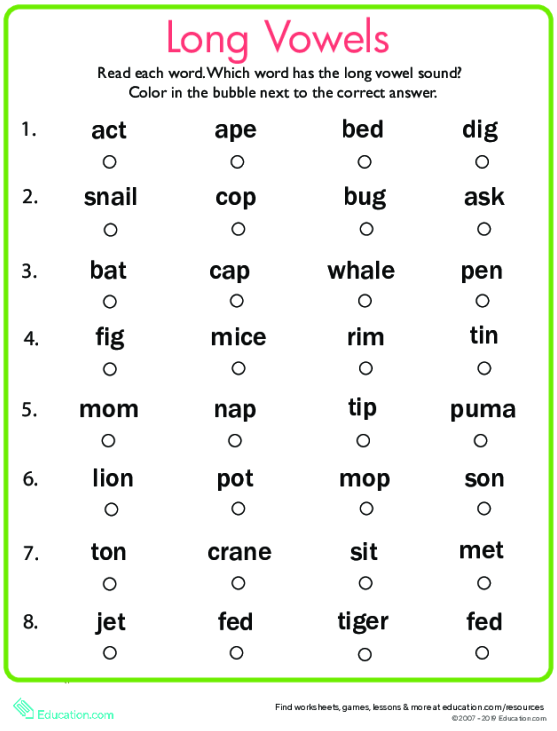 Long vowels
Long vowels
vowel sound is a long ...
... in case double vowel:
→ Id ee [ˈde:] (idea)
→ D OO F [do: f] (stupid (people) )
→ H AA 9000 R [Haːɐ] (hair(s))
...before a silent
→ o h ne [ˈoːnə] (without)
→ f a h REN [ˈfaːʁən] (go, drive, drive)
→ SCH U H [ʃuː] (boots)
... before the consonant letter <ß>:
→ str a ß E [ˈʃtχAːsə] (street)
→ GR ü ß EN [ [bloːs] ((one) only)
.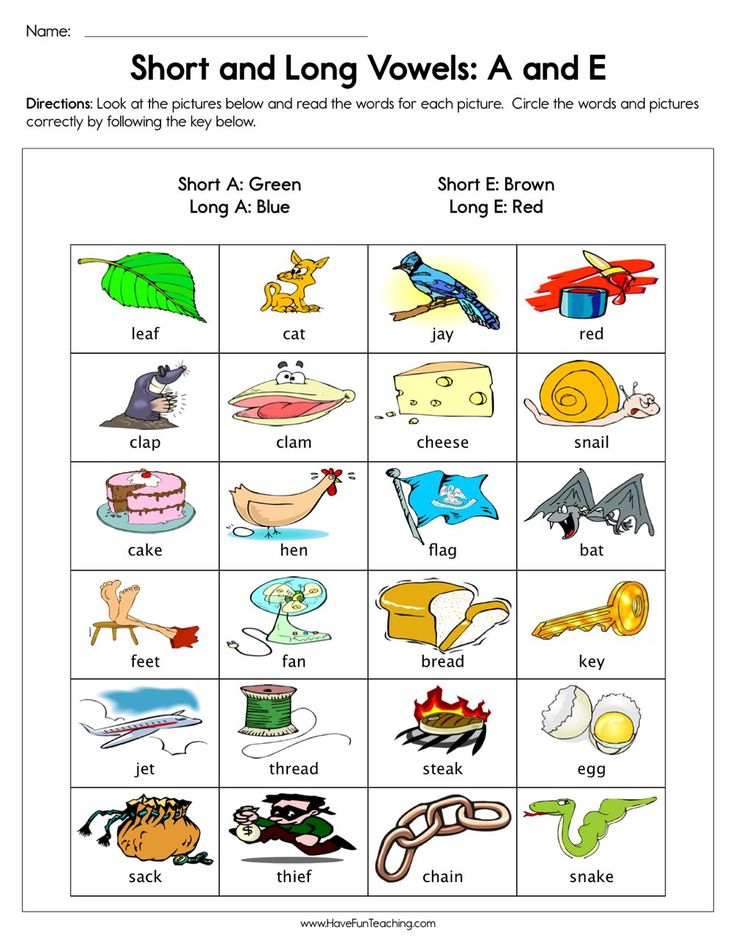 ..before the letter combination
..before the letter combination ,
,
→ Z e br A [ˈTSEːBʁA] (zebra)
→ J A GD [JAːKT] (hunting )
] (cookie)
...in stressed open syllable:
→ N A ME [ !!! → r o t [ʁoːt] (red) ~ r O TES
→ T U N [Tuːn] (do) ~ T U
9000 6. Short vowels
... Before a double consonant letter:
→ P U PP E [ˈPʊPə] (doll)
→ SCHN E LL [ʃNAM ] (fast, fast)
→ H O FF EN [ˈhɔfən] (Hope)
.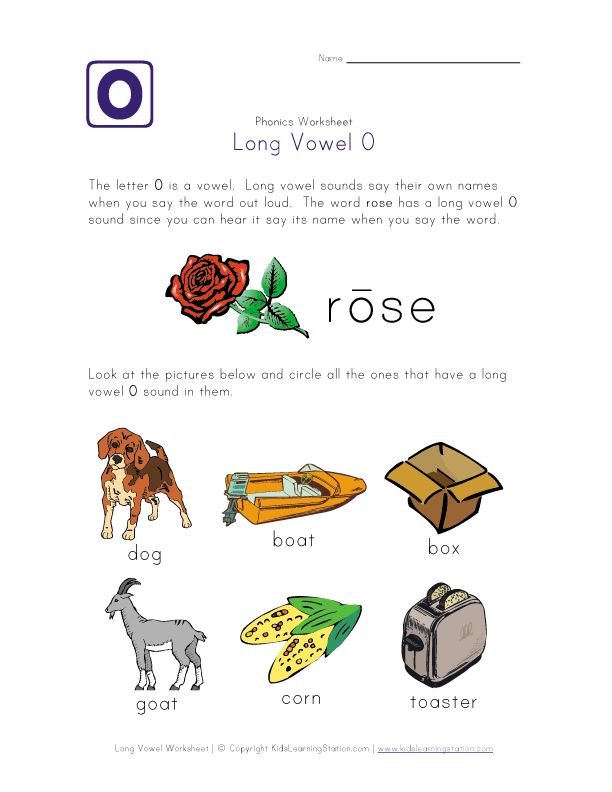 .. Before the consonant letter
.. Before the consonant letter
→ H E x E [ˈhɛksə] (Witch)
→ B O x EN [ before letter combinations
. Half -long vowels
vowel sound is semi -long ...
... In an unsuccessful open syllable:
→ AK K U [ˈAKU] (battery)
→ D I Rekt [Diˈʁɛkt] (directly)
→ PH 9000 Y0008 [FYˈZIːK] (physics)
→ D E BATTE [deˈbatə] (debata)
→ AU T Matisch [AʊTOMA]
8. Double consonants
Double consonants in German are always pronounced as single consonants, unlike in Russian, where they can be lengthened in certain cases.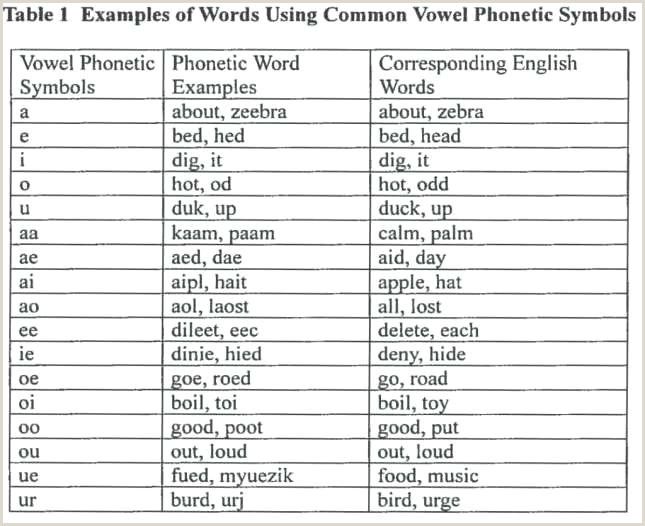
→ A nn A [ˈana] (Anna)
→ KA SS E [ˈkasə] (cash desk)
→ SU MM E [ˈzʊmə] (amount)
9036 9000 9000 9 . Voiceless aspirated consonants
In Russian, the consonants <К>, <Т> and <П> are slightly pronounced as [g], [d] and [b]. However, the German counterparts are pronounced heavily aspirated in most cases. → K A K AO [K ʰ AˈK ʰ Aʊ] (Kakao) As in Russian, German voiced consonants lose their voice in certain cases. at the end of the word/syllable: Before a voiceless consonant within a word: When consonants occur at the end and at the beginning of a word or syllable, they are likened to the usual tempo of speech. with partial likening the deafness of the consonant at the end of the word is transferred to the first consonant of the next word, which automatically loses its sonority: In the Russian language there is a phenomenon of mitigation of agreements, Napr. in the word "shadow" ([tʲenʲ]). In this regard, soft and hard consonants are distinguished. In German, however, no softening of consonants ever occurs. → Ti sch [tɪʃ] (table) German vowels can be pronounced with increased vocal cords that produce a slight click. It is this so-called hard attack that gives German speech its specific harshness. This sound is pronounced at the beginning of the word/syllable that begins with a vowel. At the beginning of the word: inside the word: 902 9036 9000. In German, short and long vowels attach differently to the consonants that follow them. Long vowels join consonants more smoothly (as in Russian), while short vowels join consonants more abruptly, with the consonant stopping the sound of the vowel. This phenomenon is called "strong indentation" and is explained by the fact that short vowels mostly appear in closed syllables. → Schal [ʃaːl] ~ Sch A LL [ʃal] (scarf ~ sound) In many languages there are so-called reduced shva sounds. There are two such sounds in German. The first of these is always displayed with the letter
→ T T E [ˈT 9000 9000 ANT ʰ ə] (aunt)
→ P A P A [ˈP ʰ AP ʰ A] (pope)
10.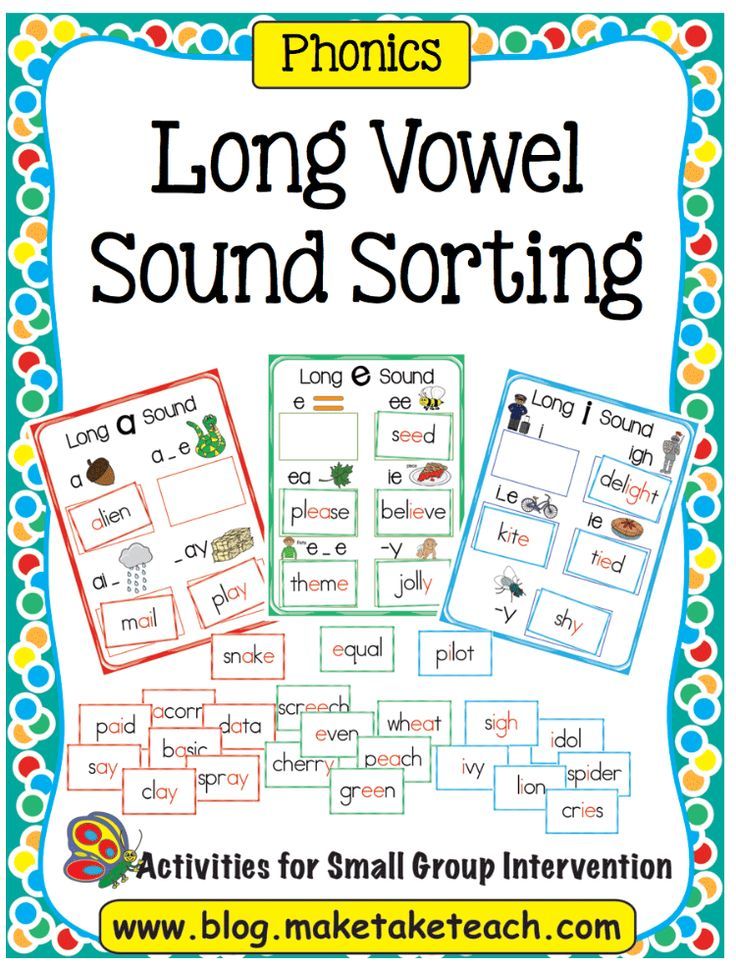 Stunning voiced consonants
Stunning voiced consonants
→ GEL D [ɡɛLT] (Money) Tä G LICH [ˈTɛːKLɪç] (daily) (daily) → A b ga s [ˈapɡaːs] (exhaust gas)
→ ABEN D S [Aːbənts] (in the evenings)
→ O B S T [OːPST] (fruit)
→ GEWA 9000 → GEWA [ɡəˈvaːkt] (risky, risky)
11. Assimilation of consonants 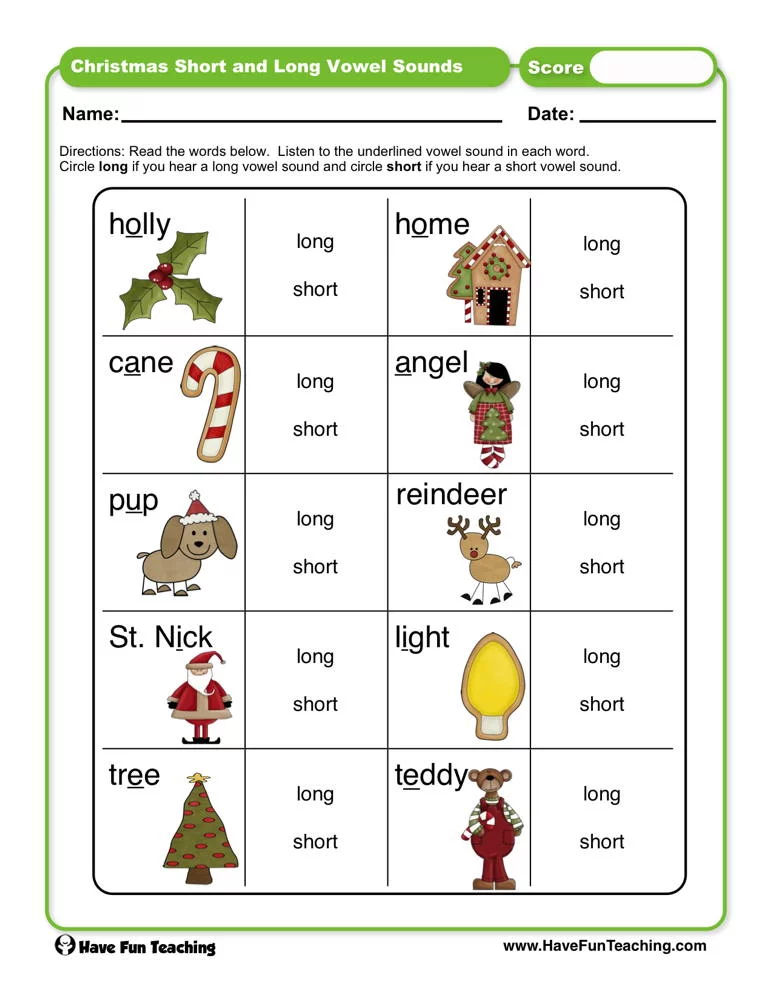 There are two types of assimilation - full and partial. [Aʊˈfiːdɐzeən] (Goodbye)
There are two types of assimilation - full and partial. [Aʊˈfiːdɐzeən] (Goodbye)
→ Bi S D [bɪSˈTAN] (See you)
→ SEI T G Estern [zaɪtˈkɛstɐn] (since yesterday)
→ A B 9000 S AMSTAG [APˈSAMSTAK]0009 (from Saturday)
→ DAN K B EN [DAŋKˈPɛN] (thanks to Benu)
. Lack of mitigation of consonants 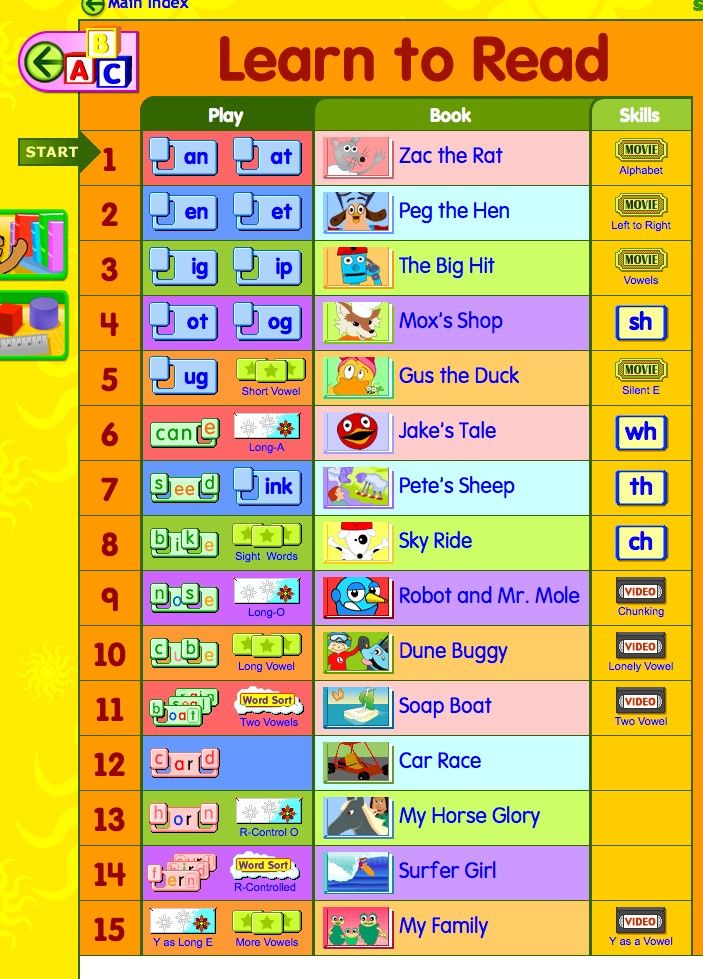
→ LA CHEN [ˈlaχən] (laugh)
→ dü Bel [ˈdyːbəl] (dowel)
→ KE 9000 HREN [
13. Hard onset
→ I N A Sien [ ʔ ɪnˈ ʔ Aːziən] (in Asia)
→ 9000 U
→ AU ßer O PA [ ʔ AʊSɐˈ ʔ OːPA] (except grandfather)
→ VILEL NGER [filˈ ʔ ɛŋɐ] (much already/closer)
→ ER I Nnerung [ ʔ 9000 ɐˈ ʔ 9000 - eːt] (poet)
→ Ver EI SEN [Fɛɐˈ ʔ Aɪzən]/[Fɐˈ Aɪzən] (chin) 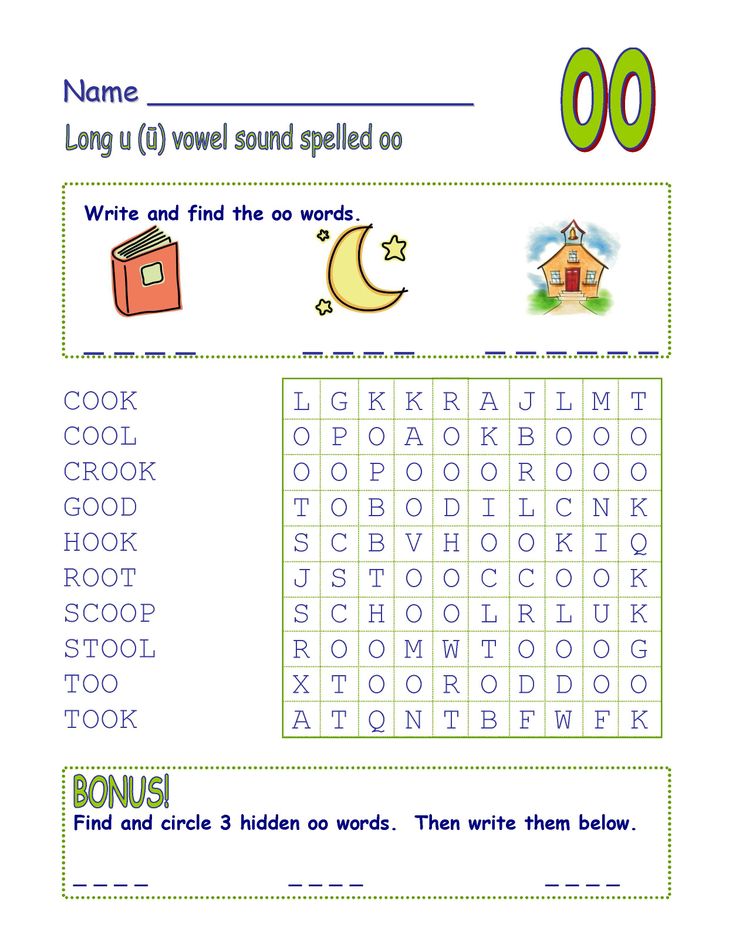 indentation
indentation
→ FETE [ Festival ~ Fat)
→ koma [ˈkoːma] ~ k o mm [ˈkɔma] (coma ~ comma)
→ hüte [ (hats ~ hut, hut)
15. Shva 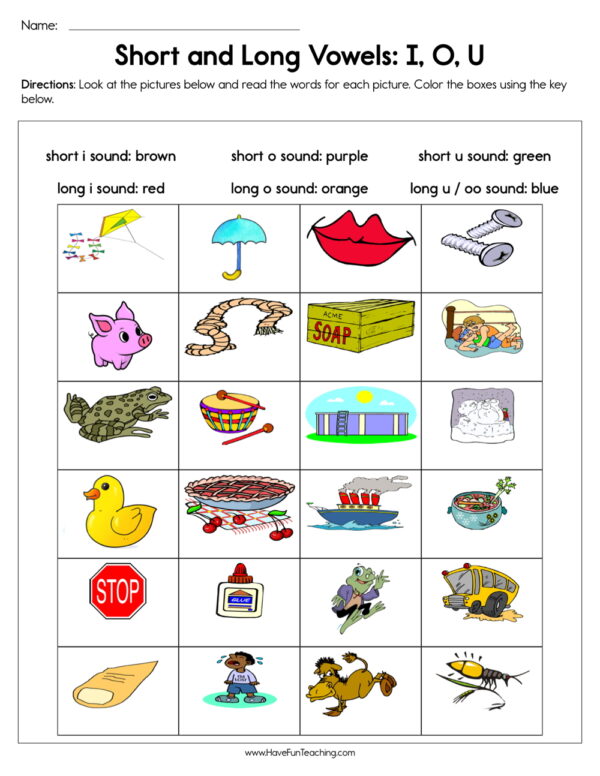 As certain unstressed prefixes and suffixes, this letter, at a normal rate of speech, seems to be “swallowed”, as, for example, the first <О> in the Russian word “milk”, i.e., it is practically inaudible. The quality of her pronunciation depends only on the rate of speech:
As certain unstressed prefixes and suffixes, this letter, at a normal rate of speech, seems to be “swallowed”, as, for example, the first <О> in the Russian word “milk”, i.e., it is practically inaudible. The quality of her pronunciation depends only on the rate of speech:
→ fü r [fyːɐ] (for, for)
→ Wi R [VIːɐ] (we)
→ Natu R [Naˈtu: ɐ] ( Nature)
→ Frisö R [Fifts of it] (hairdresser)
→ Mutte R /Mutt ER [ˈMʊTɐ] (mother) 9000 gessen/v er gessen [fɛɐˈgɛsən]/[fɐˈgɛsən] (forget)

